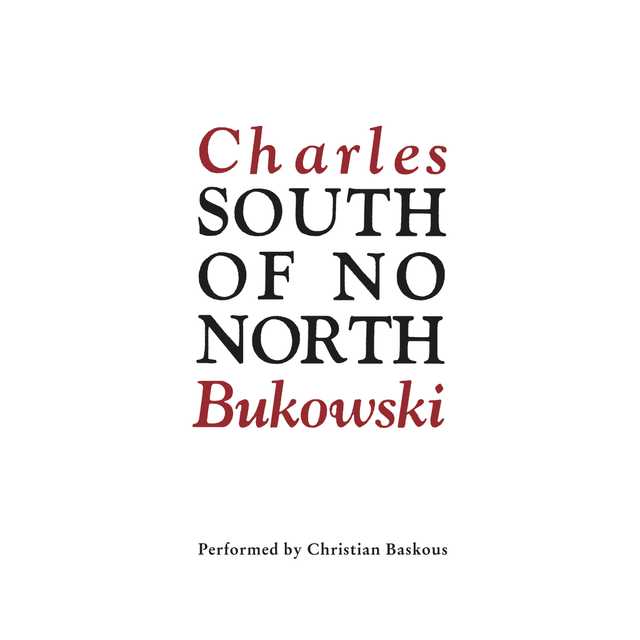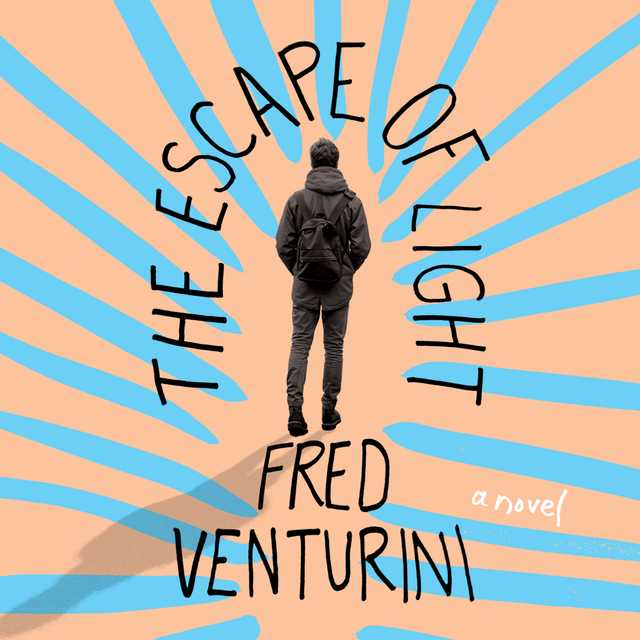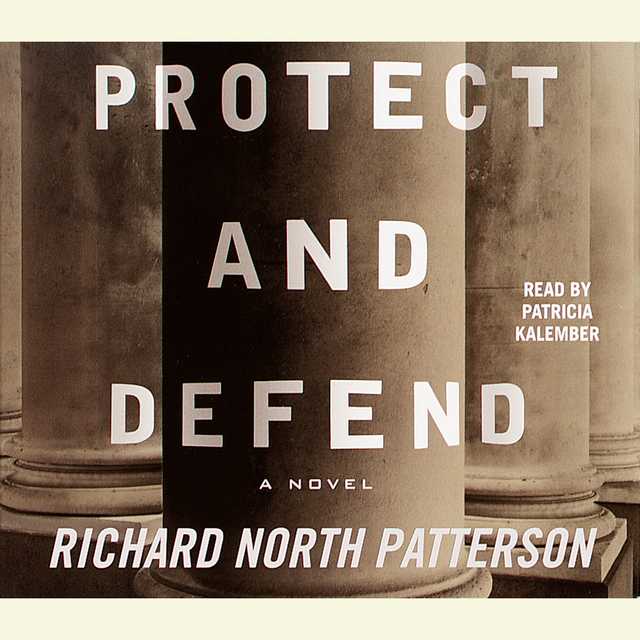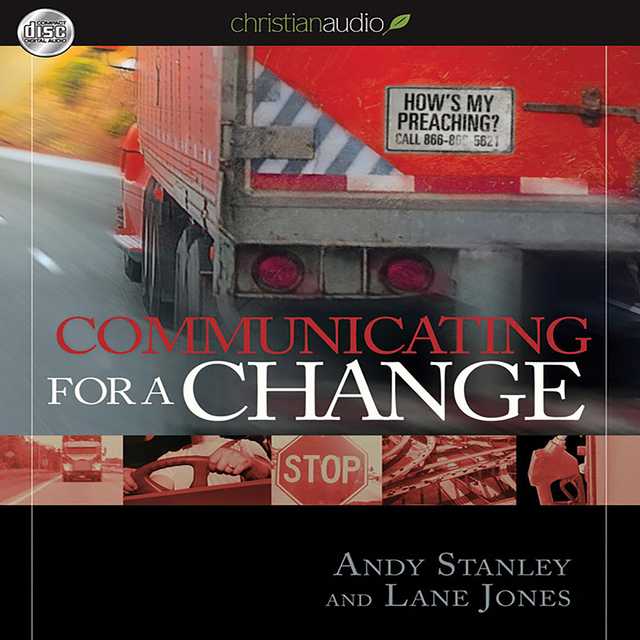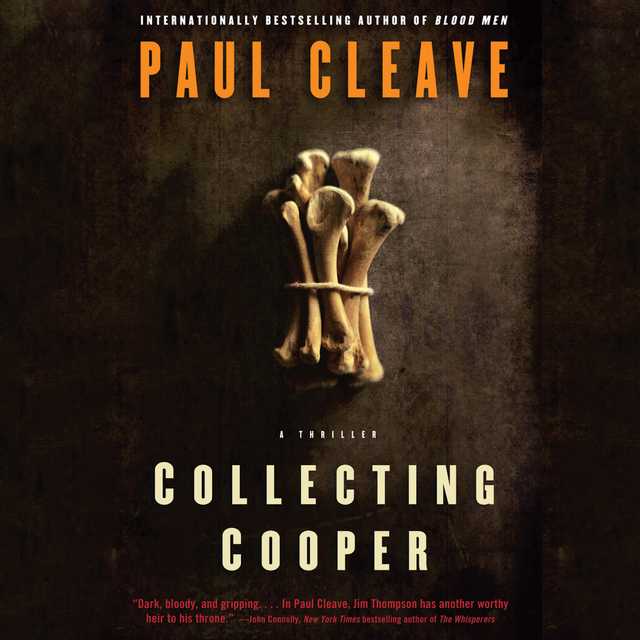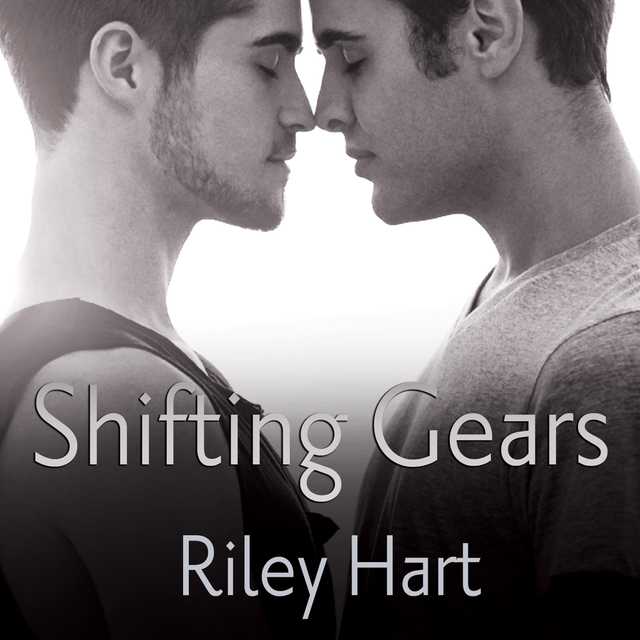South of No North Audiobook Narrator
Christian Baskous is the narrator of South of No North audiobook that was written by Charles Bukowski
Charles Bukowski is one of America’s best-known contemporary writers of poetry and prose and, many would claim, its most influential and imitated poet. He was born in 1920 in Andernach, Germany, to an American soldier father and a German mother, and brought to the United States at the age of two. He was raised in Los Angeles and lived there for over fifty years. He died in San Pedro, California, on March 9, 1994, at the age of seventy-three, shortly after completing his last novel, Pulp.
Abel Debritto, a former Fulbright scholar and current Marie Curie fellow, works in the digital humanities. He is the author of Charles Bukowski, King of the Underground, and the editor of the Bukowski collections On Writing, On Cats, and On Love.
About the Author(s) of South of No North
Charles Bukowski is the author of South of No North
More From the Same
- Author : Charles Bukowski
- Post Office
- Pulp
- Factotum
- Hot Water Music
- Hollywood
- Publisher : HarperAudio
- Abraham
- American Gods [TV Tie-In]
- Dead Ringer
- House of Sand and Fog
- Prey
South of No North Full Details
| Narrator | Christian Baskous |
| Length | 6 hours 1 minutes |
| Author | Charles Bukowski |
| Publisher | HarperAudio |
| Release date | August 13, 2013 |
| ISBN | 9780062302984 |
Additional info
The publisher of the South of No North is HarperAudio. The imprint is HarperAudio. It is supplied by HarperAudio. The ISBN-13 is 9780062302984.
Global Availability
This book is only available in the United States.
Goodreads Reviews
Ahmad
August 07, 2020
South of No North (Short Story Collection), Charles BukowskiSouth of No North contains some of Bukowski's best work. Index of stories: Loneliness; Bop Bop against That Curtain; You and Your Beer and How Great You Are; No Way to Paradise; Politics; Love for $17.50; A Couple of Winos; Maja Thurup; The Killers; A Man; Class; Stop Staring at My Tits, Mister; Something About a Viet Cong Flag; You Can't Write a Love Story; Remember Pearl Harbor?; Pittsburgh Phil and Co.; Dr. Nazi; Christ on Roller Skates; A Shipping Clerk with a Red Nose; The Devil Was Hot; Guts; Hit Man; This Is What Killed Dylan; Thomas; No Neck and Bad as Hell; The Way the Dead Love; All the Assholes in the World and Mine; Confessions of a Man Insane Enough to Live with Beastsعنوانها: «جنوب بی شمال»؛ «جنوب بدون شمال: داستانهای زندگی مدفون»؛ «آدمکشها»؛ نویسنده: چارلز بوکفسکی؛ تاریخ نخستین خوانش: روز چهارم ماه دسامبر سال 2015میلادیعنوان: جنوب بی شمال؛ نویسنده: چارلز بوکفسکی؛ مترجم: غلامرضا صراف؛ تهران: نیماژ، 1393؛ در 350ص؛ شابک 9786003672499؛ چاپ دیگر 1395؛ موضوع داستانهای نویسندگان ایالات متحده آمریکا - سده 20معنوان: جنوب بدون شمال: داستانهای زندگی مدفون (21داستان از 27داستان)؛ نویسنده چارلز بوکفسکی؛ مترجم شهرزاد لولاچی؛ تهران افق، 1397؛ در 280ص؛ شابک 9786003534483؛عنوان: آدمکشها؛ نویسنده: چارلز بوکفسکی؛ مترجم: غلامرضا صراف؛ تهران: نیماژ؛ چاپ سوم 1395؛ در 64ص؛ شابک 9786003670655؛نقل نمونه متن: «- میخوای قهرمان باشی، مگه نه پسر کوچولو؟ وقتی همه تشویقت میکنند هیجانزده میشی؟ پرچم آمریکا رو دوست داری؟ آره، مثل بستنی وانیلی؟ هنوز غذای بچه هم میزنی، بیهمه چیز؟ - ببین، میسون...؛ - خفه شو! هفته ای سیصدتا! هفته ای سیصدتا بهت دادم.؛ وقتی تو اون نوشگاه پیدات کردم پول نوشیدنی بعدیت رو نداشتی...؛ جنون الکل داشتی و با سوپ کلم، خودت رو سر پا نگه میداشتی! من از هیچ ساختمت، بیشرف و میتونم دوباره نابودت کنم. تا اونجا که به تو مربوط میشه، من خالق تو ام، خالقی که پدرسوخته بازیهات رو هم نمیبخشه!» پایان نقلچالز بوکوفسکی که خصلت هنجارشکنی و نوشتن به سبک رئالیسم کثیف را به او نسب داده اند، در این مجموعه داستان نیز همانند سایر آثارش به زندگی طبقه ی فرودست، افراد حاشیه ای جامعه، بیکاری، میخوارگی و روابط اجتماعی آدمها در آمریکا میپردازندتاریخ بهنگام رسانی 17/05/1399هجری خورشیدی؛ ا. شربیانی
Dave
October 13, 2019
Greta, help, I can’t stop reading Charles Bukowski! And I’m not a nihilist, though Bukowski very well may be. His only allegiances are to women, booze and (betting on) horses, the backdrop of which is decades of working a lot of terrible jobs he makes us shudder and laugh about. Oh, and Bukowski also at his best has an undying allegiance to great writing, crafting so much more of it than you might expect from his (existential) condition. And sure, Greta, some of them are nasty and difficult, but many of them are flat out gems.I don’t know, maybe it’s because I read so many tender picture books and thoughtful graphic novels/memoirs, most of them the last few years written by women. Maybe I come back to Buk as an antidote to hope and compassion from time to time. A reverse palate cleanser? I never lived in the gutter, but Buk did, and he shows us what it is like to be there. I can’t really say why I need to read about that. But he makes fun of the rich and pretentious, the arrogant and effete. And then he makes you laugh about it and above all, laugh at him and his friends in their hopeless squalor. Because if you strip away most of what these stories are about, many great ones, they are at base about addiction. About drinking yourself to ruin. Sympathy for the devil?Maybe I return to Bukowski, Greta, because he writes about whatever he writes about so well. "An intellectual is a man who says a simple thing in a difficult way; an artist is a man who says a difficult thing in a simple way"―Charles Bukowski, Notes of a Dirty Old Man (1969)Bukowski sometimes writes badly, but at his best he’s an artist in this collection. In terms of style he is anti-romantic, the opposite of fussy and “literary.” He tells his truth. And entertains in the process. His best stories in this 1973 collection include, “All the Assholes in the World Plus Mine,” a story about his (because his main character, Henry Chinaski, is a stand-in for him) hemorrhoid operation, a topic that is unavoidably funny, and “Confessions of a Man Insane Enough to Live With Beasts.” I also like "Christ on Rollerskates," “What Killed Dylan Thomas,” and the story of Chinaski going into the ring with Hemingway.Sure, Greta, these stories are unfailingly gritty, sometimes offensive, and they make you feel guilty sometimes when he drags you down into his world with him, invites you to the bar to drink and laugh with him. Am I bad because I stayed with him til the bartender threw us out?! Maybe. Well, I had a few hours in a car and so I admit I enjoyed hearing them. Is he a nihilist with a heart? Maybe. But this guy could, for a long time, really write, and this collection is some of the evidence.
Mohit
July 29, 2016
Bukowski is a no bullshit gangsta. He comes, he shoots, he leaves. (Yeah, innuendo intended. A little bit.)
robin
October 13, 2019
The Buried LifeCharles Bukowski (1920-1994) had a gift for creating evocative titles. The title of this book, "South of No North: Stories of the Buried Life" (1975) captures hauntingly the sense of loneliness, alienation, and aloneness that underlies the 27 short stories in this volume.Bukowski began writing short stories at an early age while he supported himself doing odd jobs and through work at the Post Office. He then turned to poetry and, eventually, to writing novels at the urging of John Martin of Black Sparrow Press. Bukowski continued to write stories and columns for underground newspapers in Los Angeles. Some of the stories are included here.As are the novels, Bukowski's stories are raw and gritty. They are filled with life in Los Angeles flophouses and cheap rooming houses. The stories feature chronic alcoholism, crude sexuality, sexual frustration, horseplaying, violence, and joblessness. They are a chronicle of the life of the down-and-outer.Many of the stories are told in the voice of Henry Chinaski, the autobiographical character that is at the center of Bukowski's novels. But interestingly, some of the stories in this collection feature other characters and settings. The collection includes, for example a fanciful story set in the old West, "Stop Staring ... Mister", and stories with imaginative, if macabre themes, including "No way to Paradise", "Maja Thurup" and "The Devil was Hot".The dominant impression these stories convey is one of loneliness and isolation. Whether the character is Chinaski or another individual, Bukowski writes of individuals who lack social connectedness and sense of purpose. His characters are perpetual outsiders who mock a world they cannot share and simultaneously tear themselves apart. Dostoevsky's Underground Man is a distant cousin of most of the characters we meet in Bukowski's stories. Another book that I find similar in tone, set in New York City rather than the west coast is Hubert Selby's "Last Exit to Brooklyn" which shares much of the grimness, loneliness, sexual obsession, and search for love that I find in Bukowski.Some of the works included in this collection are more vignettes than short stories. There is little in the way of development and in some cases the climax of the story is nonexistent or misfires. There are interesting settings, however, in many of these stories and as sketches many of them work well.The stories that exemplify the theme of loneliness for me include the first one in the collection, titled "Loneliness" and the story "Remember Pearl Harbor?" which tells of Chinaski's rejection for military service in WW II. These stories are good at sketching the nature of the rootless, lonely individual. Some of the other stories in this collection that I thought good are "Bop Bop against that Curtain", "Christ on Rollerskates", "Hit Man", "Pittsburgh Phil & Co" (a fine story about gambling at the racetrack) and "Confessions of a Man Insane Enough to Live with Beasts."Bukowski writes simply with short sentences in a style filled with explecatives and references to sexual and excrecatory functions. I became interested in Bukowski's writings several years ago, put them aside, and then reread some of them after viewing an excellent film on Bukowski's life: "Bukowski: Born into This". Bukowski is hardly a writer for all times and all seasons. But there is a toughness and raw humor in these books, and a sense of loss and sadness that make Bukowski's books highly evocative of certain kinds of blue and lonely feelings. The stories are metaphors of a buried life than many people see in themeselves at times in somewhat different ways than the ways presented in Bukowski's writings. That is why, I think, Bukowski continues to have a following and to be read.Robin Friedman
Vishal
May 25, 2016
So I wrote a pretty good review of this, and pressed Save and my review got lost. Furious.The only consolation being that Bukowski suffered more, and through this he channeled the kind of cut-glass lyricism into his words that will inspire me forever. No matter how many reviews I end up losing :-)
Tom
June 25, 2020
This collection of short stories is much like Bukowski’s last novel, Pulp, although it was written during the period where his novels were more biographical. I wouldn’t recommend reading this as your first Bukowski effort. I’d start with Post Office or Ham on Rye. Once you get through the novels though this is a fun book for the sheer outlandishness of the stories and the behaviors of the characters. Most of the stories are pretty short although a few stretch out into mini chapters. You’ll have to be comfortable with language and lewd behavior or it won’t for you. I’m not sure why I forgive and even laugh at the same vulgarity that turns me off to Vonnegut. I think it’s because Bukowski really lived the low life whereas Vonnegut, I felt, tried to be edgy. This is an interesting video tour of Bukowski’s Los Angeles.https://www.youtube.com/watch?v=KIEuQ...
Sarah
August 29, 2019
Short stories by Bukowski. He wrote about himself without excuse; he never apologized for who he was which is refreshing. Bukowski speaks to human nature and our actions that often have little foresight or planning to them. He also speaks personally to my inner misanthrope, but I can’t really tell you want draws me so to reading his books and poems, but something does even when it makes me uncomfortable.
Most Popular Audiobooks
Frequently asked questions
Listening to audiobooks not only easy, it is also very convenient. You can listen to audiobooks on almost every device. From your laptop to your smart phone or even a smart speaker like Apple HomePod or even Alexa. Here’s how you can get started listening to audiobooks.
- 1. Download your favorite audiobook app such as Speechify.
- 2. Sign up for an account.
- 3. Browse the library for the best audiobooks and select the first one for free
- 4. Download the audiobook file to your device
- 5. Open the Speechify audiobook app and select the audiobook you want to listen to.
- 6. Adjust the playback speed and other settings to your preference.
- 7. Press play and enjoy!
While you can listen to the bestsellers on almost any device, and preferences may vary, generally smart phones are offer the most convenience factor. You could be working out, grocery shopping, or even watching your dog in the dog park on a Saturday morning.
However, most audiobook apps work across multiple devices so you can pick up that riveting new Stephen King book you started at the dog park, back on your laptop when you get back home.
Speechify is one of the best apps for audiobooks. The pricing structure is the most competitive in the market and the app is easy to use. It features the best sellers and award winning authors. Listen to your favorite books or discover new ones and listen to real voice actors read to you. Getting started is easy, the first book is free.
Research showcasing the brain health benefits of reading on a regular basis is wide-ranging and undeniable. However, research comparing the benefits of reading vs listening is much more sparse. According to professor of psychology and author Dr. Kristen Willeumier, though, there is good reason to believe that the reading experience provided by audiobooks offers many of the same brain benefits as reading a physical book.
Audiobooks are recordings of books that are read aloud by a professional voice actor. The recordings are typically available for purchase and download in digital formats such as MP3, WMA, or AAC. They can also be streamed from online services like Speechify, Audible, AppleBooks, or Spotify.
You simply download the app onto your smart phone, create your account, and in Speechify, you can choose your first book, from our vast library of best-sellers and classics, to read for free.
Audiobooks, like real books can add up over time. Here’s where you can listen to audiobooks for free. Speechify let’s you read your first best seller for free. Apart from that, we have a vast selection of free audiobooks that you can enjoy. Get the same rich experience no matter if the book was free or not.
It depends. Yes, there are free audiobooks and paid audiobooks. Speechify offers a blend of both!
It varies. The easiest way depends on a few things. The app and service you use, which device, and platform. Speechify is the easiest way to listen to audiobooks. Downloading the app is quick. It is not a large app and does not eat up space on your iPhone or Android device.
Listening to audiobooks on your smart phone, with Speechify, is the easiest way to listen to audiobooks.

